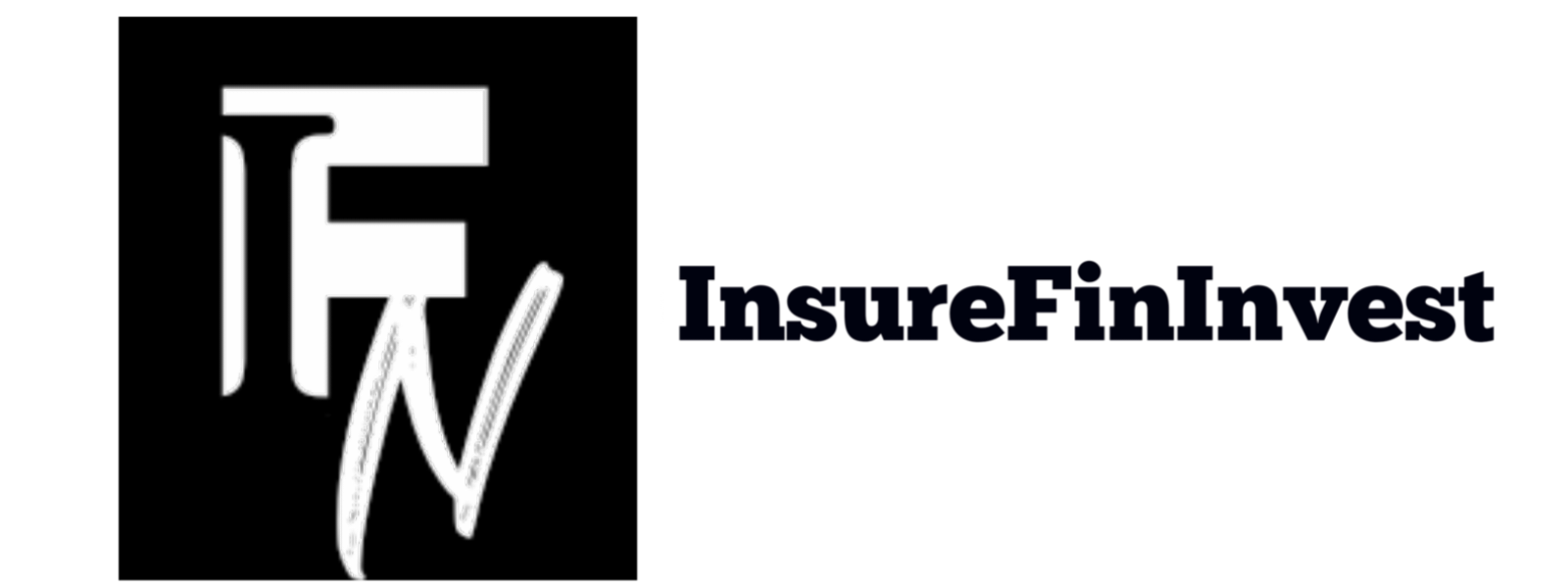In recent years, economic analysts and financial experts have raised alarms about potential downturns in the market, but none have been as vocal or provocative as Robert Kiyosaki, the renowned author of the best-selling book "Rich Dad Poor Dad." Kiyosaki has emerged as a prominent figure in personal finance, renowned for his contrarian views and predictions regarding the state of the economy. His latest warnings suggest that we are on the brink of a significant economic crash reminiscent of the Great Depression of 1929, primarily driven by the impending collapse of the US dollar.
The Catalyst: Excessive Government Spending
Kiyosaki's central thesis revolves around the concept of unsustainable government spending and mounting national debt. He argues that the federal government’s relentless printing of money, coupled with increasing liabilities, creates an environment ripe for economic disaster. According to Kiyosaki, the current trajectory of fiscal policies is not only reckless but also sets the stage for a catastrophic financial collapse that could devastate the average American's wealth.
As the national debt continues to soar, Kiyosaki warns that the value of the US dollar will inevitably decline. This devaluation, he argues, will lead to a loss of purchasing power for consumers and a destabilization of the financial system as a whole. He urges individuals to take proactive measures to safeguard their finances before the impending crisis unfolds.
The Case for Tangible Assets
In light of these warnings, Kiyosaki advocates for a strategic pivot towards tangible assets—specifically gold, silver, and Bitcoin. He posits that these assets have historically retained their value during economic turbulence, making them a safer investment compared to traditional fiat currencies.
1. Gold and Silver: Often viewed as safe-haven assets, gold and silver have been used for centuries as stores of value. Kiyosaki believes that, in times of economic strife, these metals will not only maintain their worth but may also appreciate as investors flock to them as a hedge against inflation and currency devaluation.
2. Bitcoin: As a relatively new player in the realm of investment, Bitcoin has gained popularity as a digital asset that operates outside the traditional banking system. Kiyosaki argues that Bitcoin's decentralized nature and limited supply make it an attractive option for those looking to protect their wealth from governmental financial mismanagement.
A Broader Perspective: Financial Experts Weigh In
Kiyosaki's concerns are echoed by a growing number of financial experts and economists who warn of potential pitfalls in the current economic landscape. These voices highlight various factors contributing to the precarious state of the economy, including rising inflation rates, supply chain disruptions, and geopolitical tensions that could exacerbate financial instability.
While Kiyosaki's predictions may sound alarmist to some, they serve as a stark reminder of the importance of financial literacy and preparedness. Understanding economic trends and their implications is crucial for individuals aiming to navigate the complexities of the modern financial landscape.
Taking Action: Steps to Protect Your Wealth
For those looking to shield their wealth from the impending economic storm, Kiyosaki offers several actionable steps:
- Diversification: Invest in a balanced portfolio that includes tangible assets like gold and silver, as well as cryptocurrencies like Bitcoin, to mitigate risk and enhance potential returns.
- Education: Equip yourself with knowledge about personal finance and investment strategies. Kiyosaki emphasizes the importance of continuous learning to make informed financial decisions.
- Stay Informed: Keep abreast of economic news and trends. Understanding the broader economic environment will enable you to make timely adjustments to your investment strategy.
Conclusion
Robert Kiyosaki's warnings about a potential economic crash serve as both a cautionary tale and a call to action. While predictions of impending doom can often be met with skepticism, the underlying message is clear: individuals must take proactive steps to secure their financial futures. By investing in tangible assets and enhancing their financial literacy, people can better navigate the uncertain waters of the economy. As history has shown, those who prepare for economic downturns are often the ones who emerge stronger on the other side.


